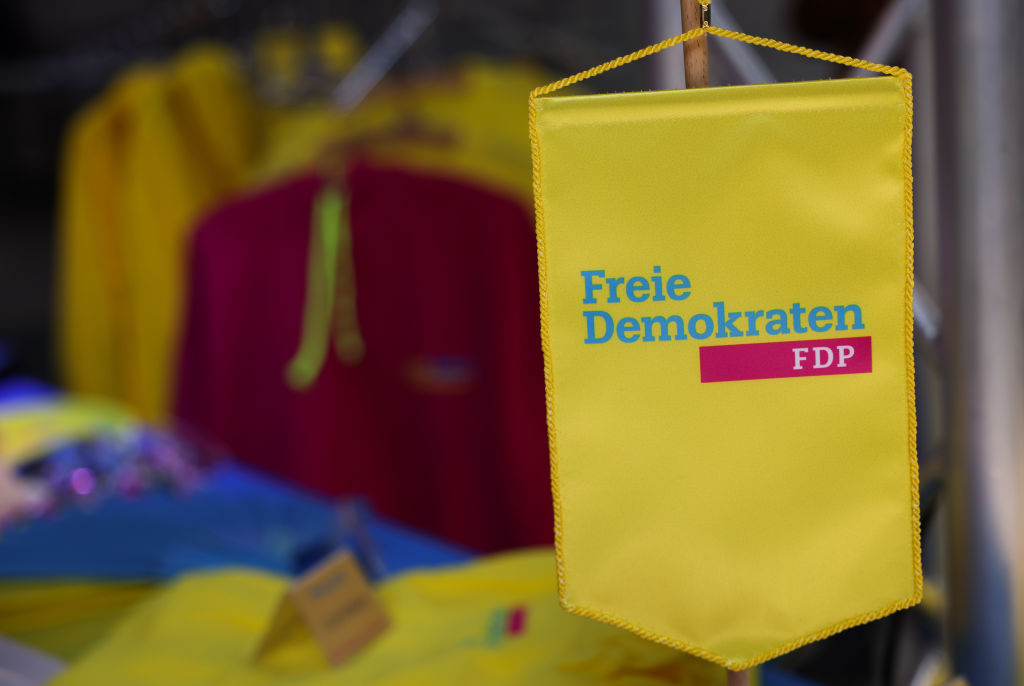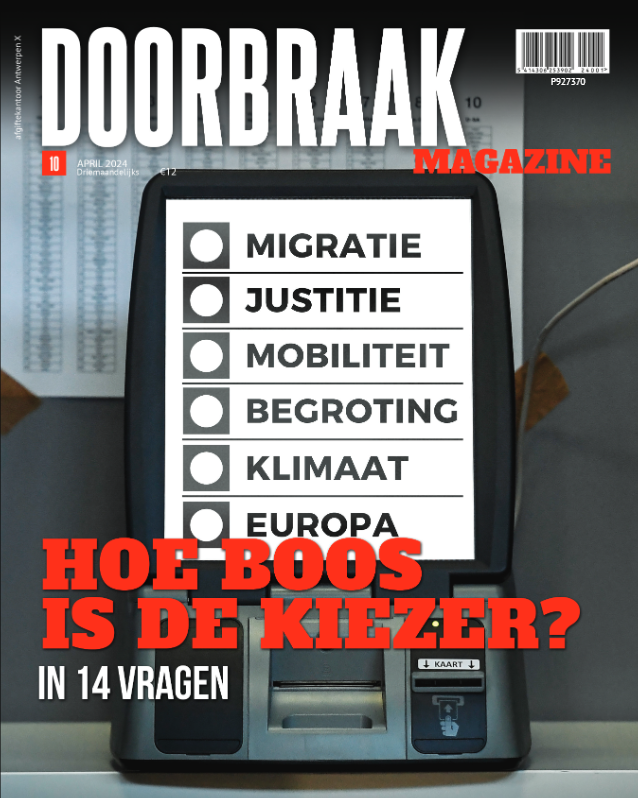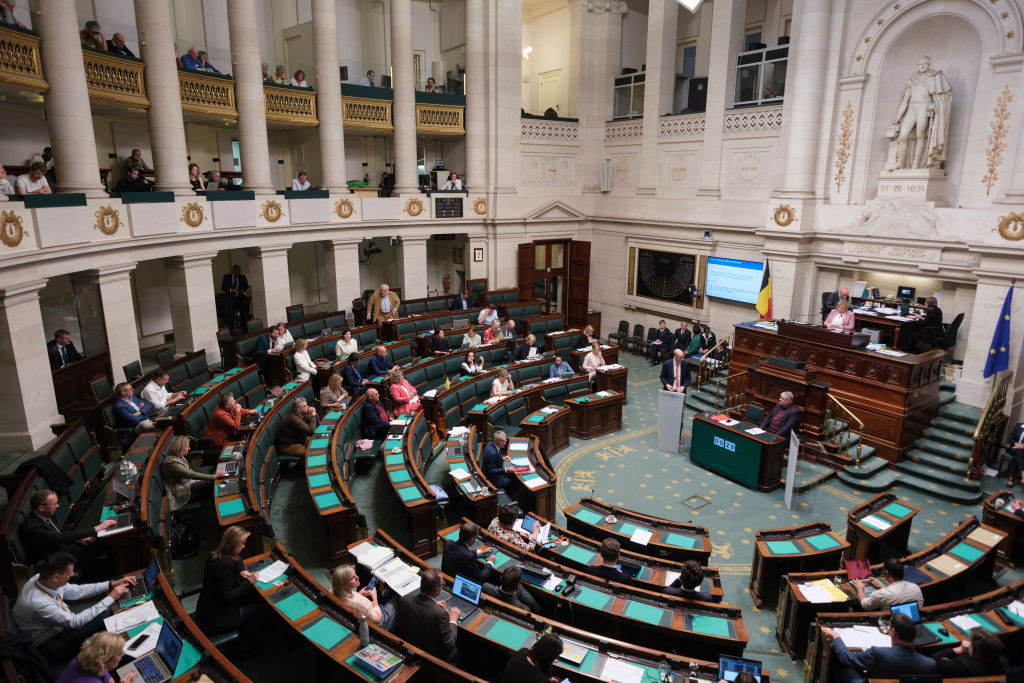More than a year and a half into the Qatargate investigation, Belgian judicial authorities are reining in accusations against Moroccan suspects.
The move is seen as yet another setback in the cash-for-influence corruption scandal at the heart of European democracy.
Newspaper Le Soir said Belgium will leave it to Rabat to try its two nationals allegedly involved in the corruption and interference scandal in the European Parliament.
The paper suggested that a diplomatic rapprochement between Belgium and Morocco could be behind the decision.
The two Moroccans questioned in relation to the case are Abderrahim Atmoun, Morocco’s Ambassador to Poland, and Mohamed Belharache, an officer of the Moroccan Foreign Intelligence Service (DGED), according to Le Soir. Morocco’s government has denied any wrongdoing.
Panzeri has acknowledged accepting bribes worth at least €2 million from Morocco and Qatar in exchange for beneficial European Union resolutions and political favours.
Letting the Moroccan Government try a corruption case involving its administration has likely raised some eyebrows in Europe.
In May 2023, the Moroccan foreign affairs minister Nasser Bourita said the whole issue amounted to “continuous judicial and media harassment” aimed at “harming” relationships between Morocco and the EU.
Qatargate cast a long shadow over the European Parliament, implicating a Socialist vice-president, among others, and suggesting resolutions and policies were for sale.
Yet, despite the serious nature of the allegations, the investigation was quickly bogged down by procedural problems.
Francesco Giorgi, another main suspect in the scandal, on February 5 called for the entire case to be thrown out.
Giorgi produced what appeared to be a damning recording, secretly made when Ceferino Álvarez-Rodríguez, a Belgian police officer, paid him a visit in early May 2023.
In the recording, the officer seemingly complained to Giorgi that Panzeri, the alleged ringleader of the corruption circle turned key witness who by then had taken a plea-bargain deal with the Belgian police, was “lying through his teeth”.
On June 18, the judicial Indictment Chamber in Brussels is holding a new hearing regarding those audio recordings.
In January this year, Andrea Orlando, who led the Italian justice system between 2014 and 2018, questioned the methods used by Belgian investigators and justice agencies. He said he believed the case revealed a lack of “proper control”.
Initial lead investigative Belgian judge Michel Claise had to step down in June 2023 amid allegations of a conflict of interest.
He and Marie Arena, a Belgian Socialist MEP, also allegedly connected to Qatargate, have known each other for at least five years and had friendly relations. Arena was only questioned regarding the scandal months after Claise departed.
The entire Qatargate case was later put on hold after defence lawyers claimed fundamental legal procedural errors had been made. If the lawyers’ arguments are proven correct, the whole investigation could be rendered void.





